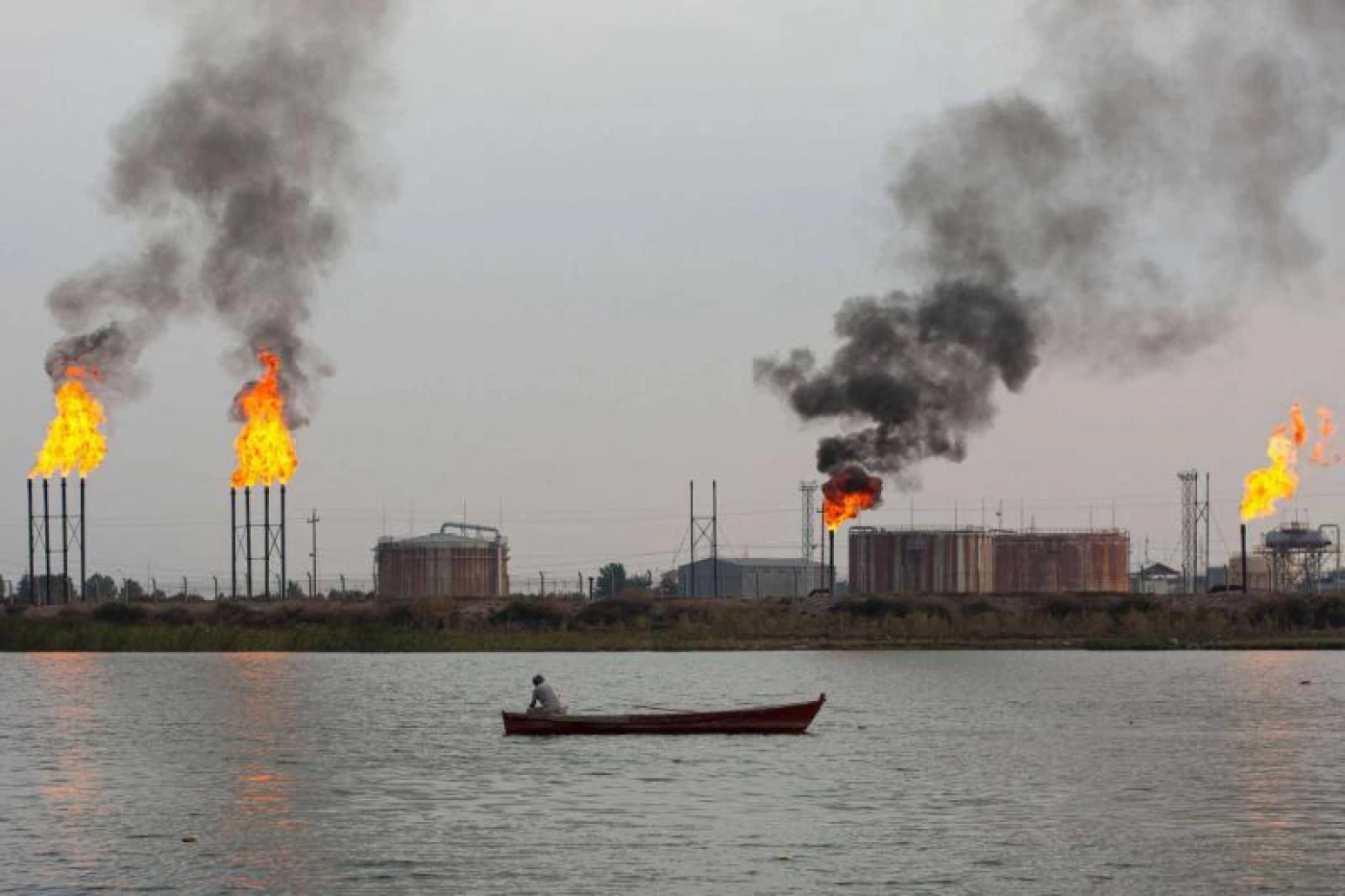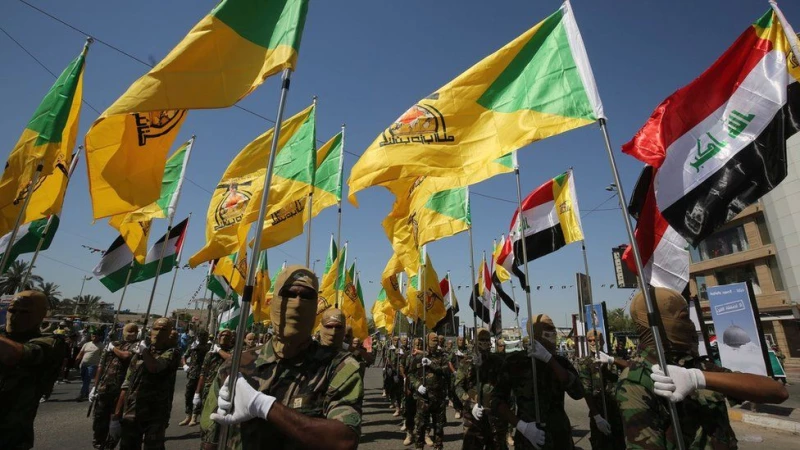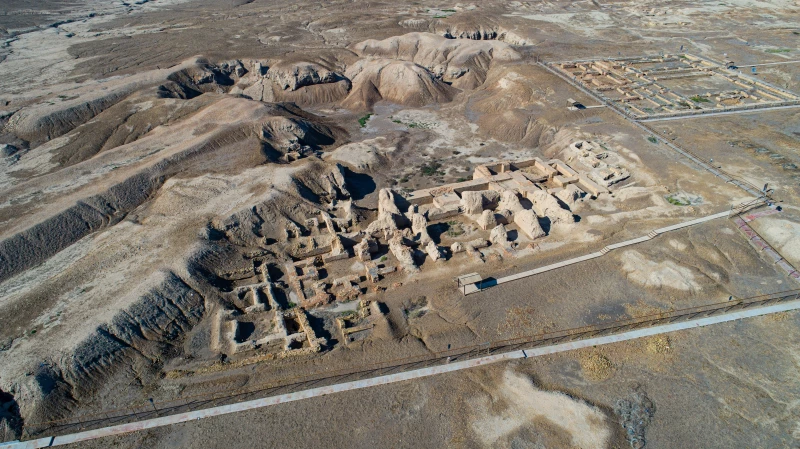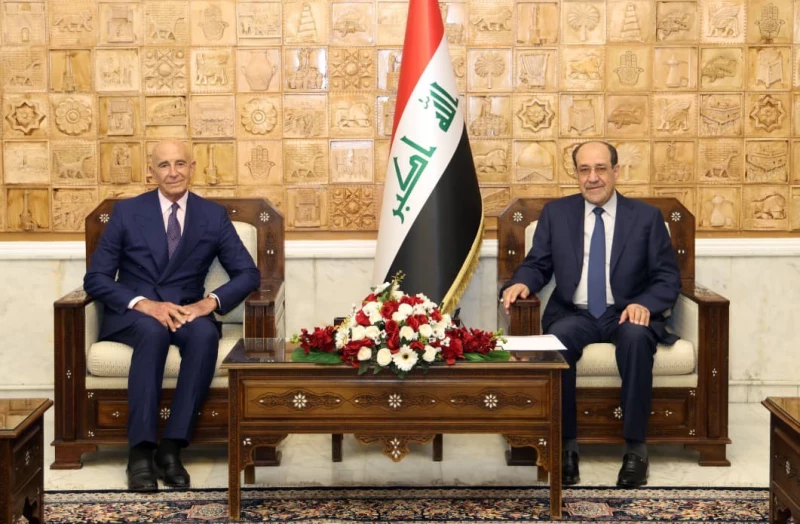ERBIL, Kurdistan Region of Iraq - Iraq has planned to eliminate gas flaring by 2028, Prime Minister Mohammed Shia’ al-Sudani announced Thursday, marking a significant step toward addressing longstanding environmental and economic challenges.
The announcement came as Sudani inaugurated a series of oil sector projects in Baiji, Salahuddin Province, underscoring his government’s commitment to diversifying the economy and reducing reliance on oil exports.
“This government has taken practical steps to achieve a zero-flaring target by 2028 through new contracts and agreements,” Sudani said. “This is a decisive move to harness our resources efficiently and sustainably.”
Gas flaring, a practice where natural gas is burned off during oil extraction, has drawn criticism for its environmental impact and waste of valuable resources.
Despite producing 3.1 billion cubic feet of natural gas daily, Iraq continues to flare a substantial portion due to inadequate processing infrastructure.
Iraq spends nearly $4 billion annually on gas and electricity imports from Iran while struggling to efficiently utilize its resources.
Sudani highlighted Iraq’s efforts to shift away from a rentier economic model that relies heavily on oil revenues.
Since taking office, his government has focused on projects that aim to expand domestic oil refining, reduce imports of oil derivatives, and create new industries to support long-term economic stability. He emphasized that Iraqi expertise has been instrumental in developing refinery units, previously a domain dominated by foreign companies.
During the visit, the Iraqi premier launched the third unit of the Salahuddin Refinery, which will increase the refinery’s production capacity by 3.5 million liters of high-octane gasoline daily, along with 650 tons of liquefied gas and 4,000 tons of heavy diesel.
He described the expansion as a “milestone” in the country's oil industry, highlighting its role in meeting domestic demand and stabilizing local markets.
The prime minister also announced the government’s plans to make Baiji a major industrial hub, stating that the town is poised to become the largest oil city in Iraq and the region, directing the Ministry of Oil to accelerate work on key projects, including petrochemical facilities and advanced refining technologies.
Iraq, which produces more than four million barrels of oil per day, continues to import oil derivatives and gas, a dependency Sudani criticized as unsustainable, saying the newly approved Basra-Haditha Strategic Pipeline, with a capacity of over two million barrels, will enhance internal oil transportation and further reduce reliance on imports.
The prime minister reaffirmed his administration’s commitment to using Iraq’s natural resources to create jobs and expand the industrial base. He cited the Integrated South Project as a cornerstone of this strategy, combining oil production, gas utilization, power generation, and petrochemical manufacturing in a single location for the first time in Iraq’s history.
Sudani also stressed the importance of adhering to international environmental standards and improving the quality of life for workers in the oil sector by providing housing and better living conditions.
“This is a turning point,” Sudani said. “Our goal is not just to produce oil but to use it to build a diversified and resilient economy that serves all Iraqis.”



 Facebook
Facebook
 LinkedIn
LinkedIn
 Telegram
Telegram
 X
X


